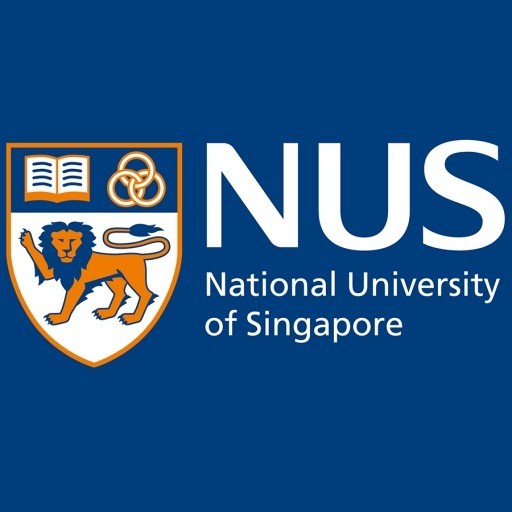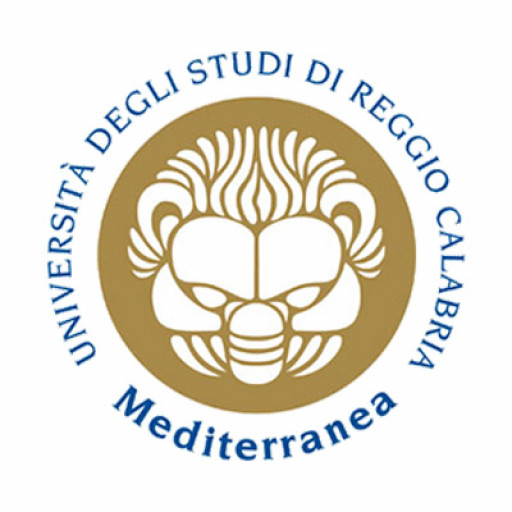Photos of university / #nus_singapore
The Bachelor of Engineering in Hydraulic Engineering and Water Resources Management at the National University of Singapore is a comprehensive undergraduate program designed to equip students with the fundamental and advanced knowledge necessary to address complex challenges in water infrastructure, hydrology, and environmental sustainability. This multidisciplinary curriculum integrates principles of civil engineering, fluid mechanics, environmental science, and sustainable development to prepare graduates for careers in water resource management, flood control, hydraulic system design, and eco-hydrology.
Throughout the program, students gain a solid understanding of the physics of water flow, groundwater and surface water hydrology, water quality assessment, and the engineering techniques used in designing hydraulic structures such as dams, bridges, and pipelines. The curriculum emphasizes practical skills through laboratory work, computational modeling, and project-based learning, allowing students to apply theoretical concepts to real-world problems. Students also explore topics related to climate change impacts on water resources, urban water management, and the implementation of innovative solutions for sustainable water use.
The program fosters critical thinking, problem-solving, and teamwork skills vital for professional growth in the water sector. It provides a solid foundation for further research or postgraduate studies in water engineering, environmental engineering, or related disciplines. Students benefit from the university’s strong links with industry and governmental agencies, offering internships and collaborative projects that give hands-on experience in water-related projects. Graduates of this programme are well-prepared to pursue careers in engineering consultancy firms, governmental agencies, environmental organizations, and research institutions dedicated to developing sustainable water management solutions and resilient water infrastructure in Singapore and globally.
To qualify for the MSc (HEWRM) degree, a candidate must successfully complete a programme of study consisting of at least 40 Modular Credits (MCs). At least 30 MCs must be at graduate level within the subject or in related disciplines.
The core requirements in total are worth 28 MCs, of which 20 MCs are in the form of core modules, while the remaining 8 MCs are in the form of an MSc project for which students will work on innovative research in the HEWRM field. The remaining 12 MCs will be obtained from elective modules.
In addition, a student must obtain a minimum Cumulative Point Average (CAP) of 3.00 (equivalent to an average of Grade B-) for the best modules equivalent to 40 MCs (inclusive of core modules, where required). Furthermore, the grade point obtained for each of the 6 core modules must be at least 2.5 (equivalent to Grade C+). If this is not met, a student is allowed to re-take once, up to 2 core modules within the given programme time frame. The better grade will be used to compute the CAP.
Core Modules
- CE5307 Wave Hydrodynamics and Physical Oceanography
- CE5308 Coastal Processes and Sediment Transport
- CE5310 Hydroinformatics
- CE5311 Environmental Modelling with Computers
- CE5312 River Mechanics
- CE5314 HEWRM Project
Elective Modules
- CE5313 Groundwater Hydrology
- CE5603 Engineering Economics and Project Evaluation
- CE5883A Topics in Hydraulic & Water Resources – Environmental Hydraulics
- OT5203 Design of Floating Structures
- OT5204 Offshore Moorings and Risers
- ESE5601 Environmental Risk Assessment
- ESE5602 Environmental Management Systems
- ESE5405 Water Treatment Processes
- ESE5901 Environmental Technology
- IE5203 Decision Analysis
- PP5257 Water Policy and Governance
- PP5294 Dynamic Modelling of Public Policy Systems
- At least a Bachelor's degree in Engineering or its equivalent.
- Payment of application fees (S$50)
- The page of your passport bearing the passport number
- Employment pass / work permit
- Documentary proof of change in name (if you had your name changed and your name in NRIC / Passport is not identical to the name printed on your degree scroll / certificate and university transcript)
- Polytechnic results and certificate (if applicable), or its equivalent
- Original official transcript, or its certified true copies,
- Financial statement indicating a balance of at least S$25,000 or its equivalent to show applicants’ ability to support themselves financially (i.e. estimated expenses of S$25,000 a year in Singapore) - only applicable to International applicants applying for full-time courses and who are not residing or not working in Singapore.
- TOEFL scoresheet indicating a min. score of 92 (internet-based test) or IELTS (Academic) result of 6.5
- Referee reports / recommendation letters
The Bachelor of Engineering in Hydraulic Engineering and Water Resources Management at the National University of Singapore offers various financing options to support students throughout their studies. Tuition fees for local students are approximately SGD 9,650 per academic year, while international students can expect to pay around SGD 17,550 annually. To assist students with the financial burden, the university provides a wide range of scholarships, bursaries, and financial aid programs. Merit-based scholarships are available for outstanding students, which can cover partial or full tuition fees and sometimes include stipends for living expenses. These scholarships are highly competitive and are awarded based on academic excellence, leadership qualities, and community involvement.
In addition to scholarships, students can apply for bursaries designed for financially needy students, providing direct financial support to help cover tuition fees and other educational expenses. The university also collaborates with external organizations and industry partners to facilitate sponsorships and internship stipends. Students are encouraged to explore government assistance schemes such as the Education Loan program, which offers low-interest loans to help finance their education.
NUS also offers a financial aid scheme that provides need-based grants for students facing financial difficulties, ensuring that capable students from diverse backgrounds can access quality education regardless of their financial situation. The application process for these financial aid programs typically requires submitting proof of financial need and academic records. It is advised that students begin their financial planning early and consult the university’s Office of Financial Aid for personalized guidance. Overall, the university is committed to making education accessible and affordable for all qualified students interested in Hydraulic Engineering and Water Resources Management.
The Bachelor of Engineering in Civil Engineering with a specialization in Hydraulic Engineering and Water Resources Management at the National University of Singapore offers a comprehensive education designed to equip students with the technical skills and knowledge necessary to address complex challenges related to water resources. The program emphasizes a strong foundation in fundamental engineering principles, including fluid mechanics, hydraulics, hydrology, and environmental engineering, integrated with specialized coursework focused on water systems design, water management, flood control, and sustainable development. Throughout the degree, students engage in both theoretical instruction and practical laboratory work, fostering problem-solving abilities and innovative thinking.
The curriculum is structured to combine core civil engineering topics with advanced modules pertinent to water resources. Students have opportunities to participate in design projects, fieldwork, and internships, which provide real-world exposure and enhance understanding of modern water infrastructure systems. The program also integrates emerging technologies such as computer modeling, geographic information systems (GIS), and remote sensing to analyze and manage water resources efficiently. Moreover, there is an emphasis on sustainability and environmental considerations, preparing graduates to contribute to resilient and eco-friendly water management solutions.
Research facilities at the university support student projects and thesis work through state-of-the-art laboratories and collaboration with industry partners. Graduates of the program are well-positioned for careers in water consultancy firms, government agencies such as the Public Utilities Board of Singapore, urban and regional planning organizations, and global organizations focusing on water sustainability. They may also pursue advanced studies or research in related fields, including environmental engineering, climate change adaptation, and hydraulic infrastructure development.
The program benefits from NUS's strong reputation and strategic location in Singapore, a city renowned for its advanced water management systems. The multidisciplinary approach ensures graduates are capable of tackling multidisciplinary issues related to hydraulic systems and water resource challenges. Overall, the program prepares students to become innovative engineers and leaders dedicated to safeguarding one of our most vital resources—water—ensuring sustainable development and resilience in the face of global environmental changes.










